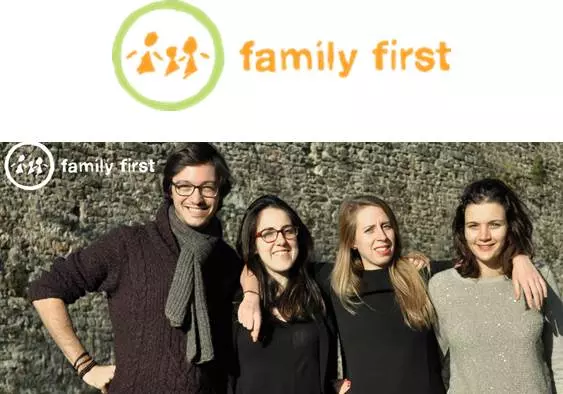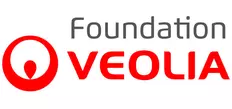
Humanitarian and Development
Location
Phnom Penh, Cambodia
Sponsor
Benoit Ringot
Grant
€4,000 Second Prize, 2015 Student Solidarity Award, 06/24/2015
Project Leader
Family First, nonprofit led by HEC Paris students
Benoit Ringot, Veolia :
« Three years ago I had the opportunity of working with a Planète d'Entrepreneurs team in Bangladesh on the Veolia Water Grameen project. They helped our social business by looking at the challenges we face from a different angle: I really appreciated their professionalism and effectiveness in a local context that is never easy. Thanks to this earlier experience, I was immediately attracted by the Family First project, which reproduces the Planète d'Entrepreneurs "formula" and adds another facet that is crucial to the challenges of many developing countries: that of the family. Today, measuring social impact is an essential tool for the people engaged in social and supportive entrepreneurship keen to improve their effectiveness and convince investors. »
Their nonprofit Family First aims to support social entrepreneurs by helping them measure their social impact. Through their first experiences and research, the nonprofit's students observed that the role played by the family unit in individual development can influence the wider development of a community. Family First works in close collaboration with the nonprofit Planète d’Entrepreneurs, which uses social impact measurement to propose avenues for improving entrepreneurial action.
Helping Enfants du Mékong measure its social impact…
The students approached the Foundation for support to carry out one of its missions, in Phnom Penh (Cambodia), with the NGO Enfants du Mékong.
Created in 1958, Enfants du Mékong aims to provide access to education for children living in extremely impoverished circumstances in Asia. Since then, the organization has sponsored or supported over 80,000 children. The students working through Family First will be interviewing 200 families whose children are supported by Enfants du Mékong in Cambodia, together with other project stakeholders (teachers, etc.), to give the NGO better visibility of its social impact on the beneficiaries and their families, enabling it to increase the effectiveness and positive impact of its action on the communities concerned.
On completion of the study, the students have committed to training the NGO's managers in the use of Family First's impact measurement tools to track the social benefits of their action over the longer term.
... using a recognized social impact measurement methodology
Measuring social impact by establishing precise and quantifiable indicators is essential to assess the benefits of programs with a social purpose. These indicators make it possible to fine-tune the action and increase its positive impact for beneficiaries.
The students use the methodology formulated by the nonprofit Planète d’Entrepreneurs, further enriched by the partnership with HEC Social Business/Enterprise and Poverty Chair, which encourages a pragmatic and concrete approach more closely attuned to the needs and resources of social entrepreneurs. The students attended training sessions to learn how to use this methodology, which has been tested in more than 60 impact measurement missions in 15 countries. The four students in the Family First team have already acquired experience in the field by carrying out the same type of mission with Planète d’Entrepreneurs, in Casablanca (Morocco), the Philippines and Brazil.
The Student Solidarity Award jury appreciated the innovative nature of the project and its global approach and awarded it Second Prize in the 2015 competition.

